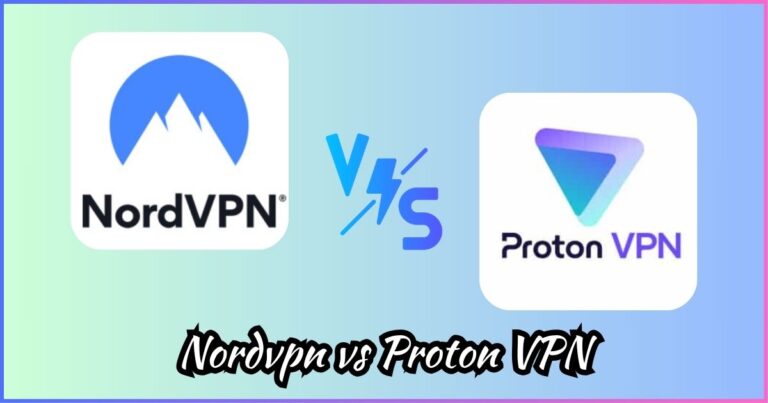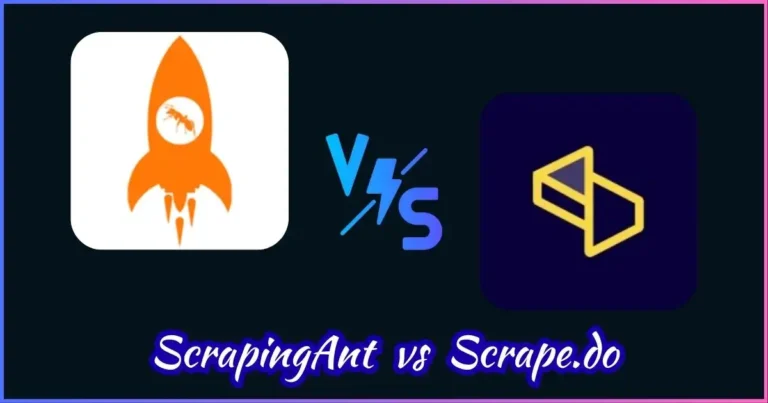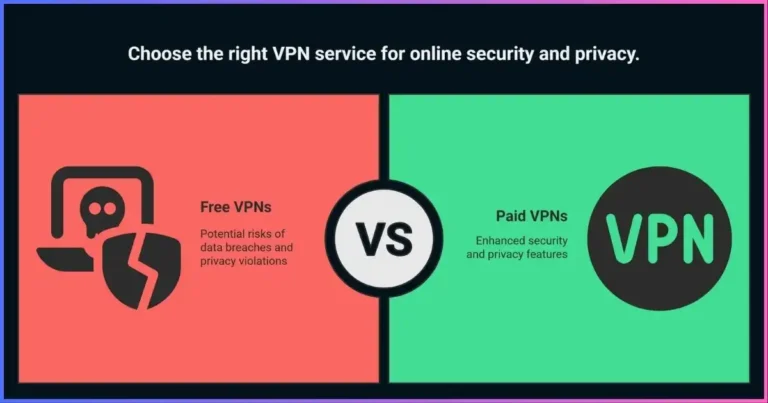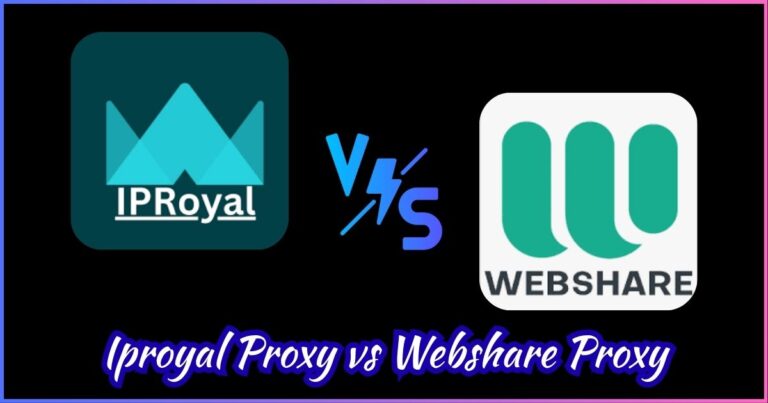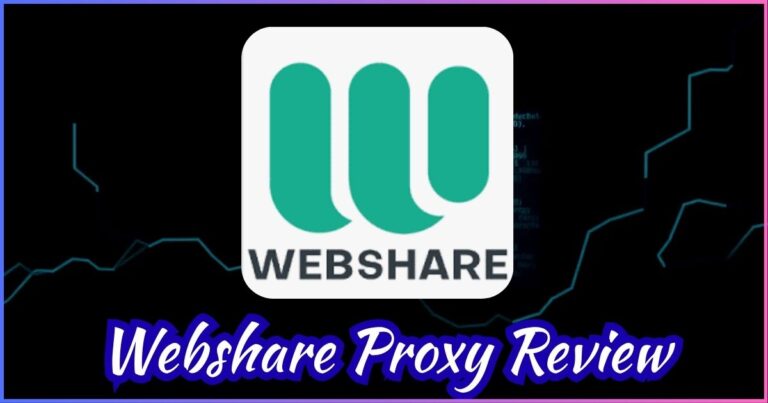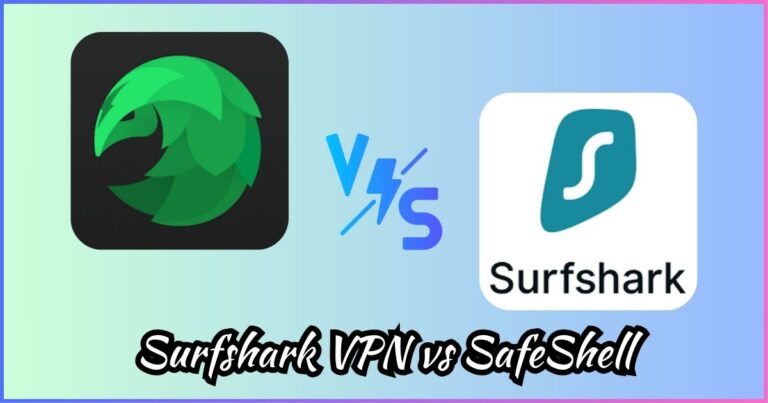Apify vs ScraperAPI: Complete Comparison Guide
Which Web Scraping Platform is Right for Your Data Extraction Needs?
When comparing Apify vs ScraperAPI, businesses and developers face a crucial decision between two fundamentally different approaches to web scraping. While both platforms excel at data extraction, they serve distinct use cases and offer unique advantages. This comprehensive comparison examines pricing, features, performance, and real-world applications to help you determine whether Apify or ScraperAPI better suits your web scraping requirements.
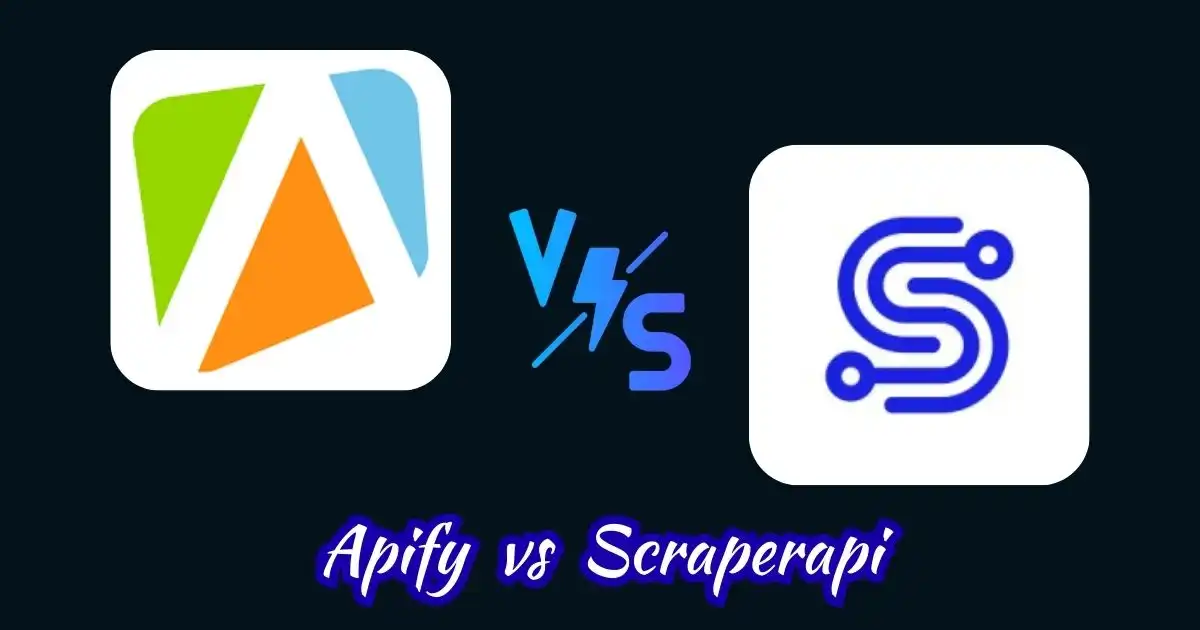
The web scraping market has experienced explosive growth, reaching $1.01 billion in 2024 with a projected compound annual growth rate of 13-15%. This expansion has intensified competition between platforms like Apify and ScraperAPI, driving innovation and better pricing for end users. Understanding the key differences between these platforms can save you significant time and money while ensuring optimal data extraction results.
In this detailed analysis, we’ll explore every aspect of the ScraperAPI vs Apify debate, including pricing structures, feature sets, performance metrics, ease of use, and specific use cases where each platform excels. Whether you’re a startup looking for cost-effective scraping solutions or an enterprise requiring sophisticated data extraction capabilities, this guide provides the insights needed to make an informed decision.
Table of Contents
Web Scraping Market Overview
Market Size Statistics
- 2024 Market Value: $1.01 billion
- 2032 Projected Value: $2.49 billion
- CAGR (2024-2032): 13-15%
- Cloud Deployment Share: 68%
Industry Growth Drivers
- • E-commerce data analysis demand
- • Real-time pricing intelligence
- • AI/ML training data requirements
- • Market research automation
The web scraping industry’s rapid expansion has created opportunities for specialized platforms like Apify and ScraperAPI to capture market share. While Apify positions itself as a comprehensive development platform with extensive customization options, ScraperAPI focuses on simplicity and ease of integration for businesses needing immediate scraping capabilities without complex setup requirements.
Platform Overview
Apify Platform
Apify is a comprehensive web scraping and automation platform designed for developers and businesses requiring sophisticated data extraction capabilities. The platform centers around “Actors” – serverless cloud programs that can perform complex scraping tasks, data processing, and automation workflows.
Key Characteristics:
- • Developer-focused platform
- • 1,000+ pre-built scrapers
- • Full-stack automation capabilities
- • Marketplace for custom actors
- • Advanced proxy management
ScraperAPI Platform
ScraperAPI is an API-first web scraping solution that prioritizes simplicity and ease of implementation. The platform automatically handles common scraping challenges like CAPTCHA solving, proxy rotation, and JavaScript rendering through a straightforward REST API interface.
Key Characteristics:
- • API-driven solution
- • 99.99% success rate guarantee
- • Automatic proxy rotation
- • Built-in CAPTCHA handling
- • Structured data endpoints
The fundamental difference between these platforms lies in their approach to web scraping. Apify offers a comprehensive development environment where users can build, deploy, and manage complex scraping workflows, while ScraperAPI provides a streamlined API that handles technical complexities behind the scenes, allowing developers to focus on data utilization rather than infrastructure management.
Pricing Comparison
Apify Pricing Structure
| Plan | Monthly Cost | Prepaid Usage | Compute Units | Concurrent Runs | Support Level |
|---|---|---|---|---|---|
| Free | $0 | $5 | $0.4/CU | 25 | Community |
| Starter | $39 | $39 | $0.4/CU | 32 | Chat |
| Scale | $199 | $199 | $0.3/CU | 128 | Priority Chat |
| Business | $999 | $999 | $0.25/CU | 256 | Account Manager |
ScraperAPI Pricing Structure
| Plan | Monthly Cost | API Credits | Concurrent Threads | Geotargeting | JavaScript Rendering |
|---|---|---|---|---|---|
| Free | $0 | 1,000 | 5 | US & EU | Limited |
| Freelance | $49 | 100,000 | 10 | US & EU | Yes |
| Startup | $149 | 1,000,000 | 25 | US & EU | Yes |
| Business | $299 | 3,000,000 | 50 | Worldwide | Yes |
Cost Analysis
When evaluating Apify vs ScraperAPI pricing, consider your specific usage patterns. Apify’s compute unit model can be more cost-effective for complex, long-running scraping tasks, while ScraperAPI’s per-request pricing offers predictable costs for high-volume, simple requests.
For businesses processing 100,000 requests monthly, ScraperAPI’s Freelance plan ($49) provides clear value. However, for complex automation workflows requiring data processing and storage, Apify’s Starter plan ($39) with additional compute units may offer better overall value.
Feature Comparison
| Feature | Apify | ScraperAPI | Advantage |
|---|---|---|---|
| Pre-built Scrapers | 1,000+ Actors | <10 endpoints | Apify |
| JavaScript Rendering | Full browser support | Built-in rendering | Tie |
| Proxy Management | Residential + Datacenter | Auto-rotation | Apify |
| CAPTCHA Handling | Manual configuration | Automatic | ScraperAPI |
| API Integration | Comprehensive API | Simple REST API | ScraperAPI |
| Data Storage | Built-in cloud storage | Response only | Apify |
| Scheduling | Advanced scheduling | DataPipeline (beta) | Apify |
| Geotargeting | Global (all plans) | Limited to US/EU | Apify |
Actor Marketplace
Apify’s extensive marketplace offers over 1,000 pre-built scrapers for popular websites, significantly reducing development time and providing tested solutions for common scraping challenges.
Auto-Protection
ScraperAPI automatically handles anti-bot measures, proxy rotation, and CAPTCHA solving without requiring manual configuration, making it ideal for teams without scraping expertise.
Data Management
Apify provides comprehensive data storage and management capabilities, including datasets, key-value stores, and request queues for complex data processing workflows.
Related: Apify vs Octoparse
Related: Apify vs Scrape.do
Performance Benchmarks
Apify Performance Metrics
- Success Rate: 95-98%
- Response Time: 2-5 seconds
- Concurrent Requests: Up to 256
- Uptime: 99.9%
ScraperAPI Performance Metrics
- Success Rate: 99.99%
- Response Time: 1-3 seconds
- Concurrent Requests: Up to 50
- Uptime: 99.95%
Performance Analysis
In the ScraperAPI vs Apify performance comparison, both platforms excel in different areas. ScraperAPI demonstrates superior success rates and faster response times for simple requests, while Apify shows strength in handling complex, multi-step scraping workflows with higher concurrent processing capabilities.
ScraperAPI’s 99.99% success rate stems from its focus on reliability and automatic retry mechanisms, making it ideal for mission-critical data extraction where consistency matters most. Apify’s performance varies based on the complexity of the Actor being used, with simpler scrapers achieving near-ScraperAPI performance levels.
Use Cases and Applications
Best for Apify
- Complex multi-step scraping workflows
- Custom scraper development and deployment
- Data processing and transformation pipelines
- Long-term data collection projects
- E-commerce monitoring and price tracking
Best for ScraperAPI
- Simple, high-volume data extraction
- Quick API integration into existing systems
- Real-time data gathering for applications
- SERP data collection and analysis
- Market research and competitive analysis
Industry-Specific Applications
E-commerce
Product pricing, inventory monitoring, competitor analysis, review extraction
Real Estate
Property listings, market analysis, rental pricing, investment opportunities
Travel & Hospitality
Hotel pricing, availability tracking, review monitoring, booking optimization
Pros and Cons Analysis
Apify
Pros
- Extensive library of 1,000+ pre-built scrapers
- Comprehensive development platform
- Built-in data storage and management
- Global geotargeting on all plans
- Active developer community
Cons
- Complex pricing structure
- Steeper learning curve
- Requires technical expertise
- Manual CAPTCHA handling setup
ScraperAPI
Pros
- Simple REST API integration
- 99.99% success rate guarantee
- Automatic CAPTCHA handling
- Predictable credit-based pricing
- Fast response times
Cons
- Limited pre-built scrapers
- Restricted geotargeting options
- No built-in data storage
- Limited customization options
Ready to Start Web Scraping?
Choose the platform that best fits your needs and start extracting data today.
Conclusion and Recommendations
The choice between Apify vs ScraperAPI ultimately depends on your specific requirements, technical expertise, and long-term scraping goals. Both platforms offer unique advantages and serve different segments of the web scraping market effectively.
Choose Apify If:
- • You need extensive customization and control
- • You’re building complex scraping workflows
- • You want access to 1,000+ pre-built scrapers
- • You need built-in data storage and processing
- • You have technical development resources
Choose ScraperAPI If:
- • You want simple, reliable API integration
- • You need predictable, usage-based pricing
- • You prefer automatic handling of scraping challenges
- • You’re focused on high-volume, simple requests
- • You want to minimize technical complexity
Apify vs ScraperAPI Final Recommendation
For most businesses starting with web scraping, ScraperAPI offers the fastest path to results with minimal technical overhead. Its 99.99% success rate and simple integration make it ideal for immediate data extraction needs.
However, if you’re building a data-driven application that requires complex scraping workflows, custom data processing, or long-term scalability, Apify provides the comprehensive platform capabilities needed for sophisticated data extraction projects.
Both platforms offer generous free tiers, making it possible to test and evaluate which solution best fits your specific use case before committing to a paid plan. Consider starting with the free tier of both platforms to determine which approach aligns better with your technical requirements and business objectives.
Disclosure: We may earn commission for purchases that are made by visitors on this site at no additional cost on your end. All information is for educational purposes and is not intended for financial advice. Read our affiliate disclosure.

